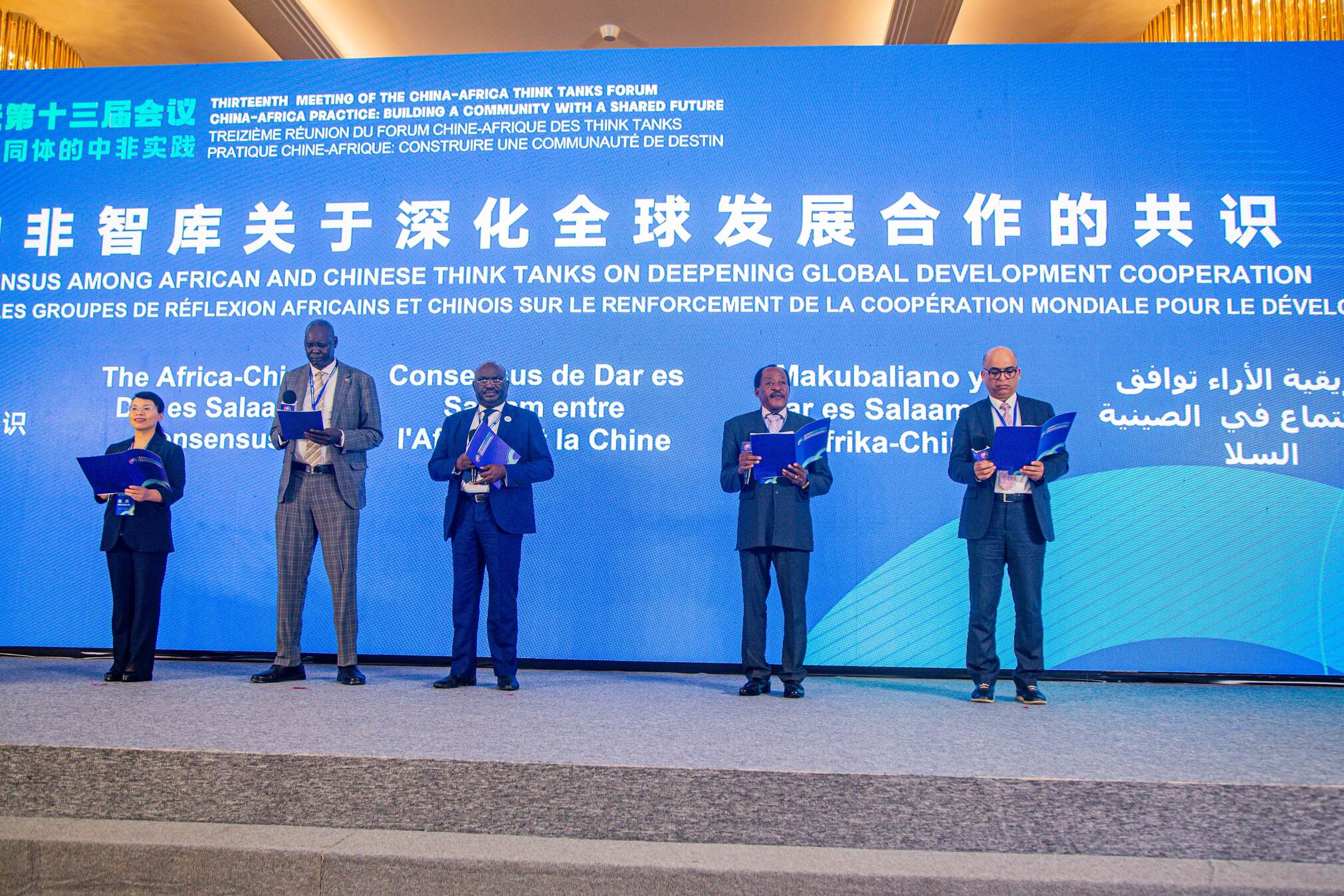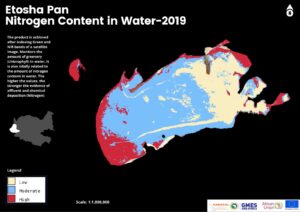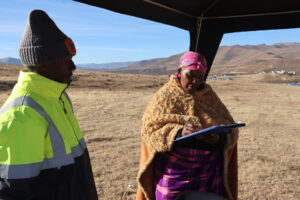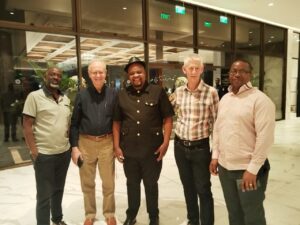Yichao Li
Assistant Research Fellow, Institute of African Studies, Zhejiang Normal University, China.
Francisco José Leandro
Associate Professor with Habilitation, University of Macau, China.
The 13th Meeting of the China-Africa Think Tanks Forum was successfully held in Dar es Salaam, Tanzania, in March 2024, which concluded an important document — Consensus Among African and Chinese Think Tanks on Deepening Global Development Cooperation (a.k.a. The Africa-China Dar es Salaam Consensus). The consensus encourages to promote the implementation of the Global Civilization Initiative and deepens exchanges and mutual learning between China and Africa: 1) advocate the establishment of a close-knit network of think tank alliances and the strengthening of exchanges and cooperation among media and think tanks; 2) promote the high-quality development of China-Africa Consortium of Universities Exchange Mechanism, implement the Plan for China-Africa Cooperation on Talent Development, and cultivate high qualified human resources; 3) strengthen exchanges in education, science and technology, health, culture and arts; 4) deepen exchanges and cooperation in the Global South, and amplify their voice in global affairs.
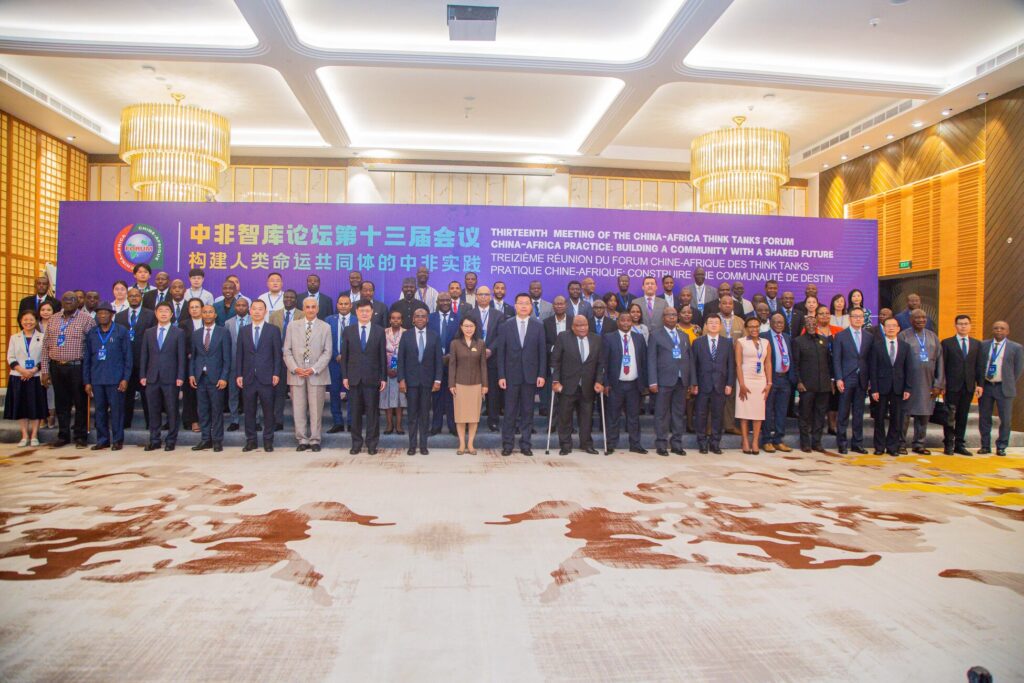
in Dar es Salaam, Tanzania
Social interactions between people form relationships, and the result of the interaction is what the world presents to us, in a sort of purposeful web of networks. As population—the total number of individuals under a singular political system—is one of the constituent elements of a state, it seems reasonable to accept that relations between states often and ultimately reflect the relations between people—in other words, a “world of our making”, which is the typical explanation of constructivism in international relations theory proposed by Nicholas Onuf in 1989. Indeed, under the framework of the Forum on China-Africa Cooperation (FOCAC), people-to-people exchanges has always been an important pillar of China-Africa cooperation to be included in Ten Major China-Africa Cooperation Plans proposed in 2015, Eight Major Initiatives proposed in 2018, and Nine Programs proposed in 2021.
Our understanding of people-to-people exchanges (P2PE) is that it is a methodological instrument of constructivism that aims to establish, engage, and develop a stable and purposeful web of mutual interests, often driven by state interests. P2PE is further understood to be a set of narratives framed by state policies, designed to advance platforms for spontaneous dialogue to supplement bilateral intergovernmental relationships between sovereigns and foster lasting bonds between different international actors. P2PE also uses thematic instruments of personal and collective dialogue to establish, promote, and reinforce multi-sectorial cooperation within a state, as well as between state and non-state institutions, commercial agents and corporations, and individuals.
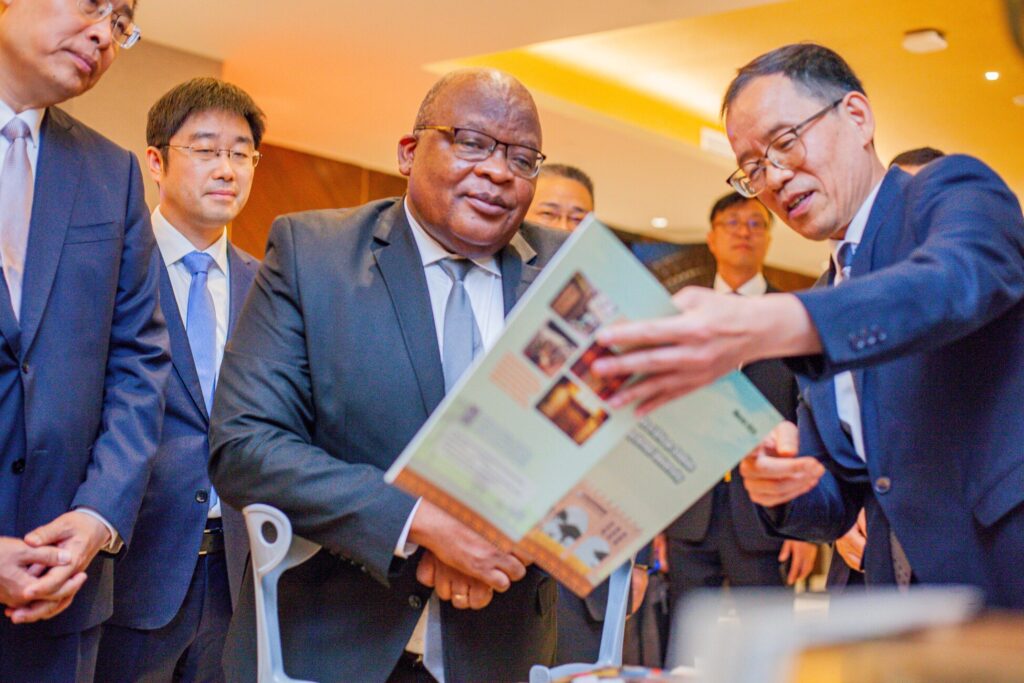
In order for P2PE to be effective, intercultural literacy is requisite. Development of intercultural dialogue and interaction facilitates the coexistence of people from diverse backgrounds who can agree to share values and reach consensus despite their cultural differences. In the context of interculturalism, P2PE is a dynamic two-way process that can happen at the state-to-state, corporation-to-corporation, individual-to-individual levels. Interculturalism does not require the existence of a dominant ruling majority to establish the rules of the game. As an important dimension of interculturalism, P2PE encourages natural exchanges and connections between people in society, and accepts the result; such is what Gérard Bouchard refers to as “a capacity to reach a consensus on forms of peaceful coexistence that preserve the essential values of a society”. In this regard, interculturalism is transformative of a new consensual reality for the benefit of the whole. Interculturalism is an advanced state of multiculturalism, which stands as an initial step to construct a web of long-standing, stable, multilevel, and multi-issue relationships. As stated by Martyn Barrett, interculturalism “builds upon the foundations of multiculturalism”. Bilateralism and multilateralism, in the context of P2PE, function as an array of multidimensional frameworks capable of defusing conflicts, promoting tolerance, and above all forming a cohesive and transformative intercultural society. Without intercultural literacy, there will be no effective P2PE.
At the state-to-state level, exchanges rely on the flexible political framework of Chinese partnerships, and states can reach preliminary consensus in areas where the two sides hope to strengthen cooperation in and for the future. It usually happens when the leaders of the two states meet. The Communist Party of China has mentioned in its reports at the 18th, 19th and 20th National Congresses that it is necessary to “establish a new type of global development partnership”, “develop global partnerships”, and “deepen and expand global partnerships”. As of May 2024, China has established different types of partnerships with 29 African states, which has built an important dialogue platform for consolidating bilateral relations, enhancing political mutual trust, strengthening economic and trade cooperation, and enriching people-to-people exchanges. Under this changeable framework, considering the Belt and Road Initiative’s key areas of cooperation, P2PE represents a set of efforts to promote exchanges and dialogues between different cultures to form the basis for regional cooperation to develop and improve. From the Chinese perspective, the Belt and Road is an initiative that requires P2PE to facilitate new, more advanced synergetic forms of mutually beneficial cooperation. Since 2000, China has established P2PE mechanisms with nine countries and one international organization around the world, including South Africa in 2017. P2PE appears to be an important beacon of the PRC’s foreign affairs policy and, therefore, a major rationale for any innovative form of inter-exchange and cooperation. We still see this kind of dialogue as an official framework which provides the two sides with the opportunities and possibility of cooperation. Furthermore, from a regional and multilateral perspective, as a national-level China-Africa people-to-people exchange platform, the Conference on Dialogue Between Chinese and African Civilizations has been held three times so far. It is an important practice in building a global civilization dialogue and cooperation network in the implementation of the Global Civilization Initiative, aiming to advocate respect for the diversity of civilizations, the common values of humanity, the importance of inheritance and innovation of civilizations, and finally, to promote the process of modernization and the building of a Africa-China community with a shared future for mankind.
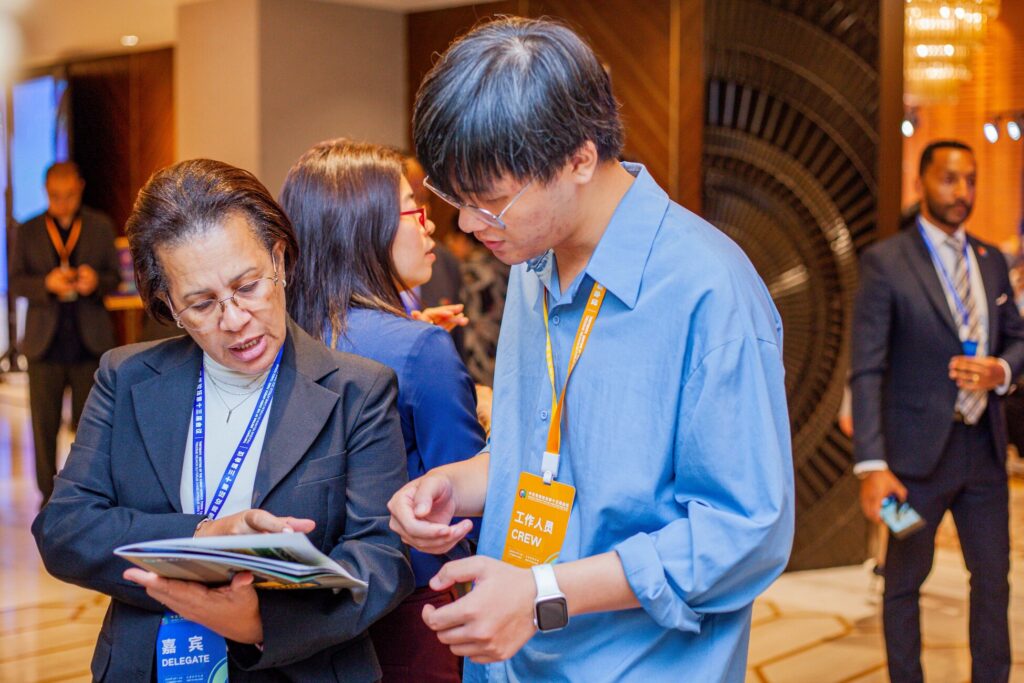
At the corporation-to-corporation level, economic and trade cooperation is an important aspect, especially in terms of intangible effects. Here, we likewise understand P2PE as an instrument of soft power. The Chinese government considers its overseas community as an important asset in promoting and strengthening China’s presence and relationship with countries which it engages with. On the one hand, China regards culture as a soft power instrument, and culture has become an important pillar within China’s strategy to secure influence internationally, as laid out in the Communique of the Fifth Plenum of the 17th Central Committee of the CPC. Moreover, as stated in the 13th Five-year Plan (2016–2020) for National Economic and Social Development, P2PE is one of the dimensions of the bilateral and multilateral cooperation mechanisms of the BRI, and “overseas Chinese, returned overseas Chinese, and the relatives of overseas Chinese who live in China [can foster] bridges of communication and bonds of friendship.” Additionally, the Proposal of the Central Committee of the Chinese Communist Party on Drawing Up the 14th Five-Year Plan for National Economic and Social Development and Long-Range Objectives for 2030 also emphasized “developing thriving cultural undertakings and cultural industries, and increasing the nation’s cultural soft power.” On the other hand, corporate social responsibility can also be regarded as a part of the state’s soft power, especially when companies go global. In 2006, FOCAC Beijing Action Plan (2007-2009) was proposed for the first time to support well-established Chinese companies to set up overseas economic and trade cooperation zones in African countries where conditions permit. According to Chinese Investment in Africa 2023, China has established almost 100 economic and trade parks in Africa, and the number of Chinese funded parks in Africa as registered by the Chinese Ministry of Commerce has reached 25, attracting over 620 enterprises, with a cumulative investment of US$7.35 billion, employing 42,000 local employees, and paying various taxes and fees to the host countries of US$1.48 billion. Multiple industrial clusters are taking shape, including mineral resources, equipment manufacturing, light industry and textiles, and household appliances. Going global, Chinese enterprises should prioritize not only investment interests but also a good reputation by observing the laws of the host countries and taking up more social responsibility. This way, overseas enterprises not only create economic value and material wealth for their country (tangible results) but also directly influence the image of the country through their conduct (intangible effects).
At the individual-to-individual level, our understanding of P2PE is in line with the political scientist Robert Putnam’s notion that it is a mechanism to promote social capital (bonding), as it is good for undergirding specific reciprocity and mobilizing solidarity. Likewise, P2PE is, if not an instrument of multiculturalism, at least a sort of vehicle for multicultural coexistence that advances a framework of human connectivity. P2PE is beneficial for what Putnam refers to as bridging (i.e., building relationships between heterogeneous people) and bonding (i.e., reinforcing relationships for mutual and reciprocal benefit) in the context of human social capital. Bonding social capital is, according to a social scientist Xavier de Souza Briggs, good for “getting by,” while bridging social capital is crucial for “getting ahead.” Nurturing people-to-people exchanges encompasses both ideas: establishing new human interactions and using them for mutual benefits, especially in terms of promoting social capital cooperation, policy coordination, unimpeded trade, and financial integration. All of these depend on deeds. The facts that are reflected in the deeds can then facilitate the formation of de-bordering minds, which is a process of internalization coupled with expanding inclusiveness, acceptance, and appeal. Whether it is a formal or informal exchange platform, it has been implementing people-to-people practices, and the key lies in communication between individuals of different origins and diverse cultural backgrounds, from both Africa and China.
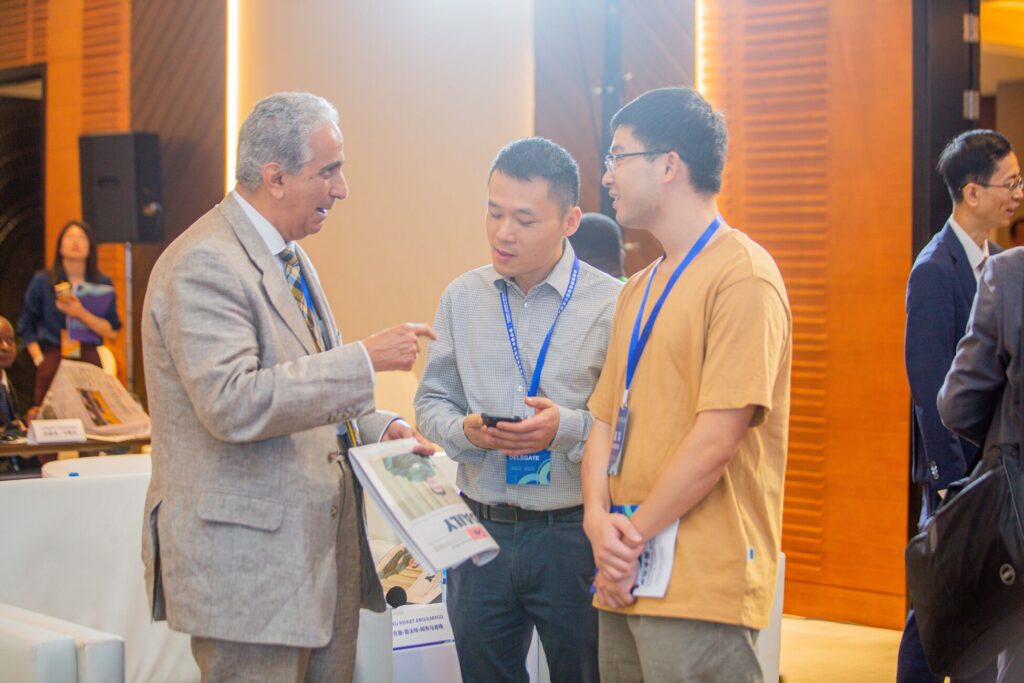
Ultimately, the three levels are dynamic and promote one another, when it reflects in China and Africa relations. We further believe that behind political and economic diplomatic intentions, the real engine of P2PE is personal motivation, spontaneity, and mutual empathy, binding humans together by purpose. As the old Chinese saying goes, “People-to-people friendship is the cornerstone of sound state-to-state relations, and heart-to-heart communication holds the key to deeper friendship.”
[1] This publication is adapted from a book chapter “People-to-People Exchanges: A Cluster of Narratives to Advance Purposeful Constructivism”, written by Yichao Li , Francisco José B. S. Leandro , and Paulo Guilherme Figueiredo, in a book “The Palgrave Handbook of Globalization with Chinese Characteristics: The Case of the Belt and Road Initiative”, edited by Paulo Afonso B. Duarte, Francisco José B. S. Leandro, and Enrique Martínez Galán, published by Palgrave Macmillan in 2023.






